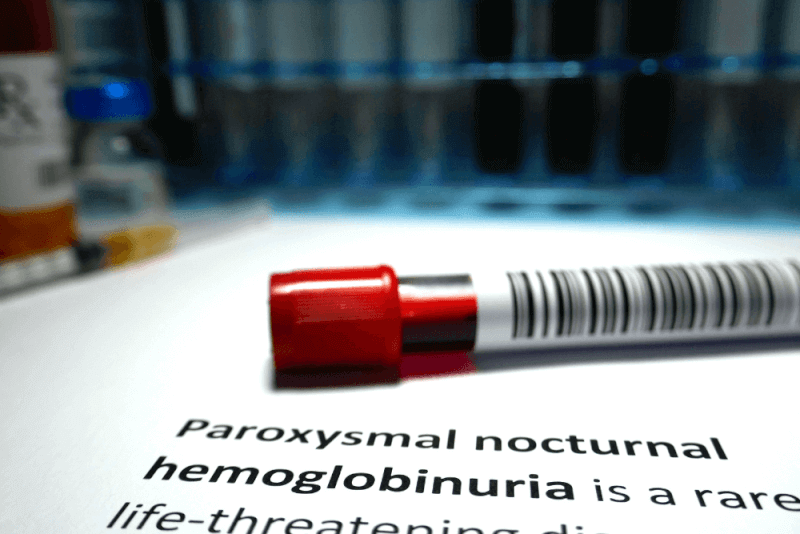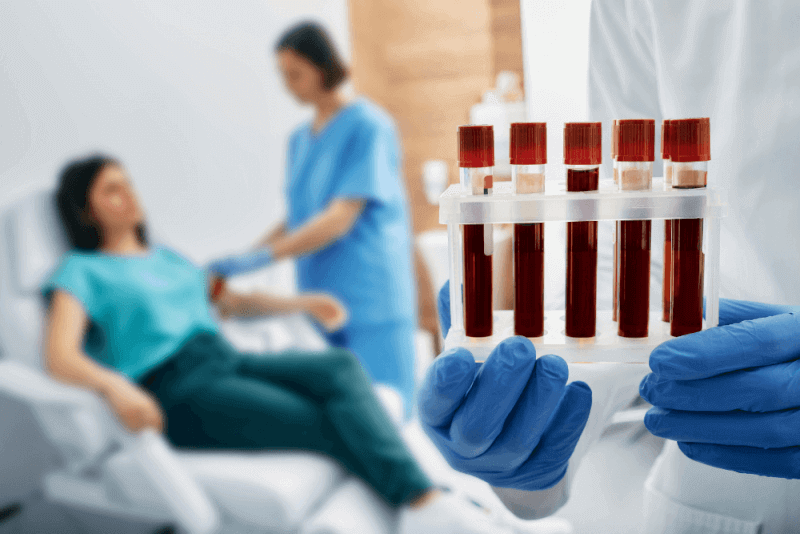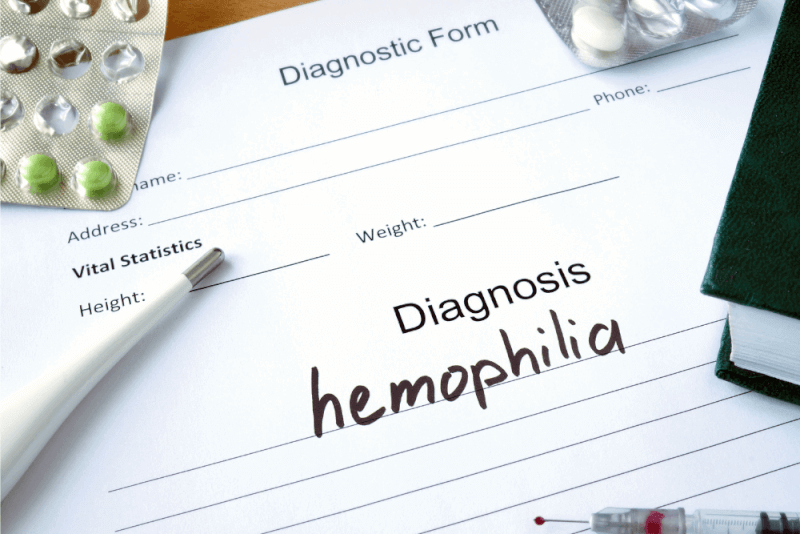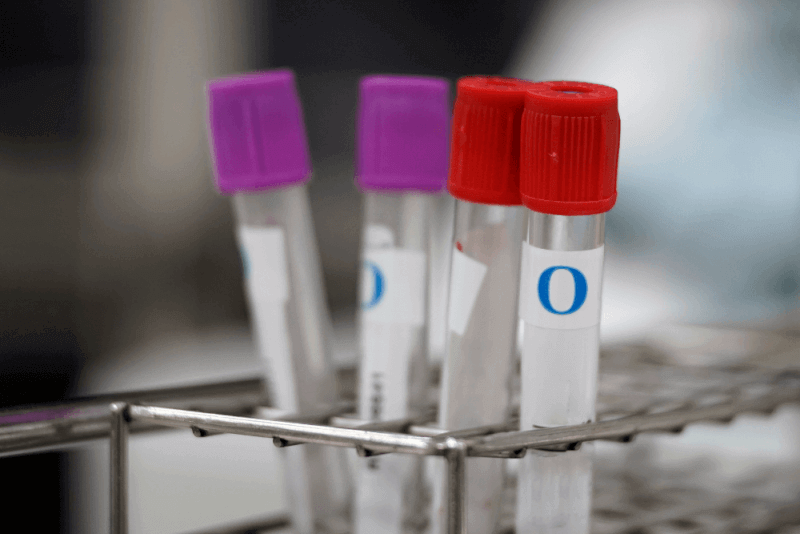What is Paroxysmal Nocturnal Hemoglobinuria?
Paroxysmal nocturnal hemoglobinuria (PNH) is a rare, non-hereditary blood disorder that causes red blood cells to break down earlier than they should. When red blood cells break down, hemoglobin is released. Hemoglobin is the red part of red blood cells that carry oxygen throughout the body. The appearance of hemoglobin causes many of the symptoms of PNH.
The premature breakdown of red blood cells leads to a shortage of these cells in the blood, which leads to anemia. In addition to red blood cells, white blood cells and platelets can also be affected. People with PNH can be vulnerable to infections due to a lack of white blood cells and the abnormal platelets associated with the disease can cause problems with the blood clotting process.
Diagnostic Criteria for Paroxysmal Nocturnal Hemoglobinuria
To make the diagnosis of paroxysmal nocturnal hemoglobinuria, the patient's history should be taken and some tests should be performed.
- A complete blood count is done to check the number of red and white blood cells.
- Fragile red blood cells are tested by testing their ability to withstand swelling in a low-salt solution.
- With the Ham test, red blood cells are placed in mild acid and checked to see if they become more fragile.
- Flow cytometry is a technique used to identify and sort blood cells by staining blood cells and their components with a fluorescent dye and illuminating them with a laser beam.
- Urinalysis checks for symptoms such as blood in the urine or excessive iron accumulation.
- LDH is an enzyme found in red blood cells and high levels of LDH can be a sign of increased destruction of red blood cells.
- The reticulocyte count is used to count immature red blood cells in the bone marrow. Find out whether the bone marrow is producing enough healthy red blood cells.
- Liver function is checked to measure the level of bilirubin, which can increase when red blood cells are broken down.
- The haptoglobin test measures the level of the protein that removes the debris produced by damaged red blood cells. Low levels of haptoglobin can be an indicator of damaged red blood cells.
Symptoms of Paroxysmal Nocturnal Hemoglobinuria
- The most important of the symptoms of PNH is changes in urine color. Tea-colored urine or blood in the urine are the most common symptoms.
- Abdominal pain
- Chest pain
- Back pain
- Weakness, fatigue
- Easy bruising of the body
- Bleeding
- Abnormally pale skin appearance
- Shortness of breath
- Heartbeat acceleration
- Recurrent infections
- Blood clots in veins or arteries
- Difficulty swallowing
- Nausea
- Frequently wanting to sleep during the day
- Sleep problems
- Jaundice
Causes of Paroxysmal Nocturnal Hemoglobinuria
Paroxysmal nocturnal hemoglobinuria is caused by a mutation in the PIG-A gene. The mutation in the gene is not inherited and is acquired. The PIG-A gene enables certain proteins to adhere to cells with a substance called GPI. Without the PIG-A gene, important proteins cannot bind to cell surfaces and protect the cell from complement in the blood. As a result, red blood cells break down prematurely.
PNH can occur in people of any age, race, male or female. It is not genetically inherited from a family member, but some patients with aplastic anemia, which affects the bone marrow and causes low blood counts, can develop PNH.
Treatment Methods for Paroxysmal Nocturnal Hemoglobinuria
- People with PNH with few or no symptoms are given folic acid or iron supplements to increase red blood cell production.
- Anemic patients whose red blood cells die rapidly are given prednisone to slow the rate of destruction.
- Patients with thrombosis receive thrombolytic therapy and anticoagulation drugs, as well as treatments such as aspirin and ibuprofen to help prevent blood clots.
- Steroids that suppress the immune system may be used. Doctor-recommended vaccinations can be given to prevent infections and blood transfusions can be given to stabilize blood cell levels.
- The biologic drug eculizumab stops the breakdown of red blood cells and is used very effectively in some patients.
- Bone marrow transplantation is also used to treat the disease and in people with aplastic anemia, bone marrow transplantation can stop the risk of developing PNH.
Urinary Problems in Paroxysmal Nocturnal Hemoglobinuria
In PNH, hemoglobin released from the broken down red blood cells passes into the urine and causes darkening of the urine color. In some patients, blood cells are broken down at night, which is why their morning urine is dark in color. The color of urine is like dark tea or cola.







